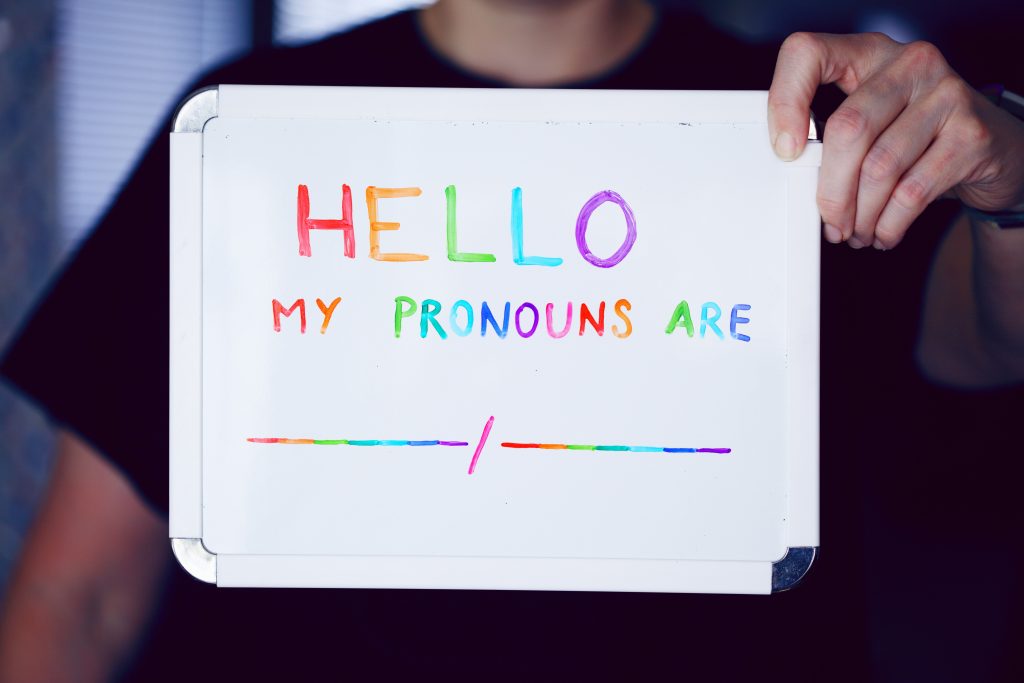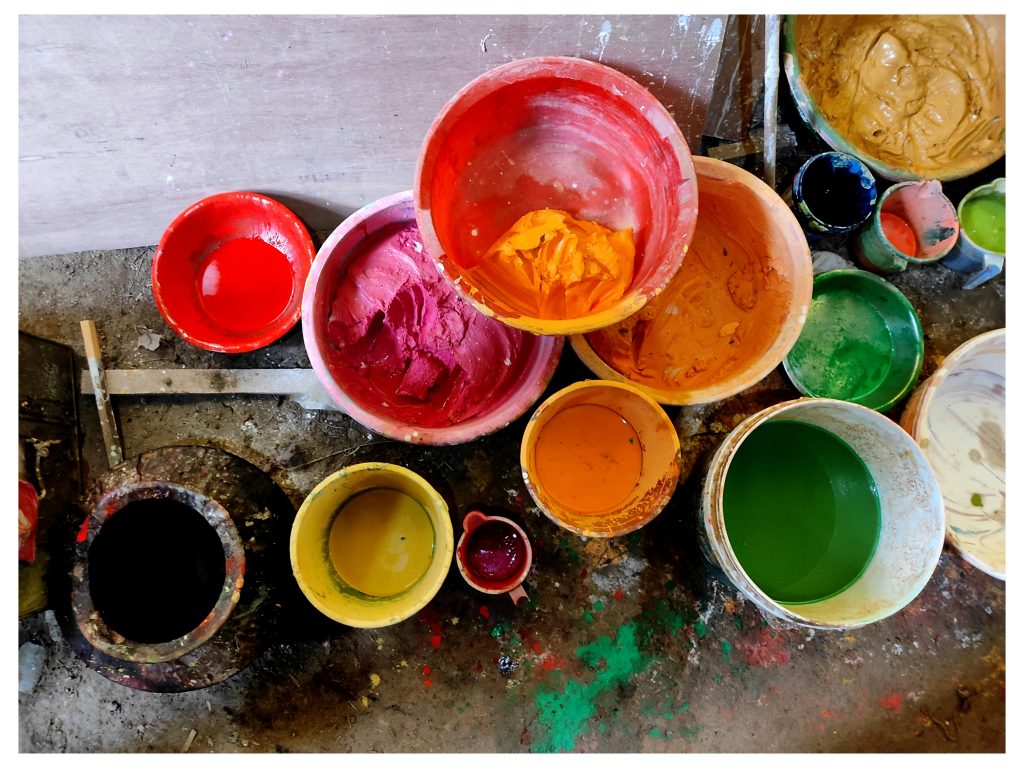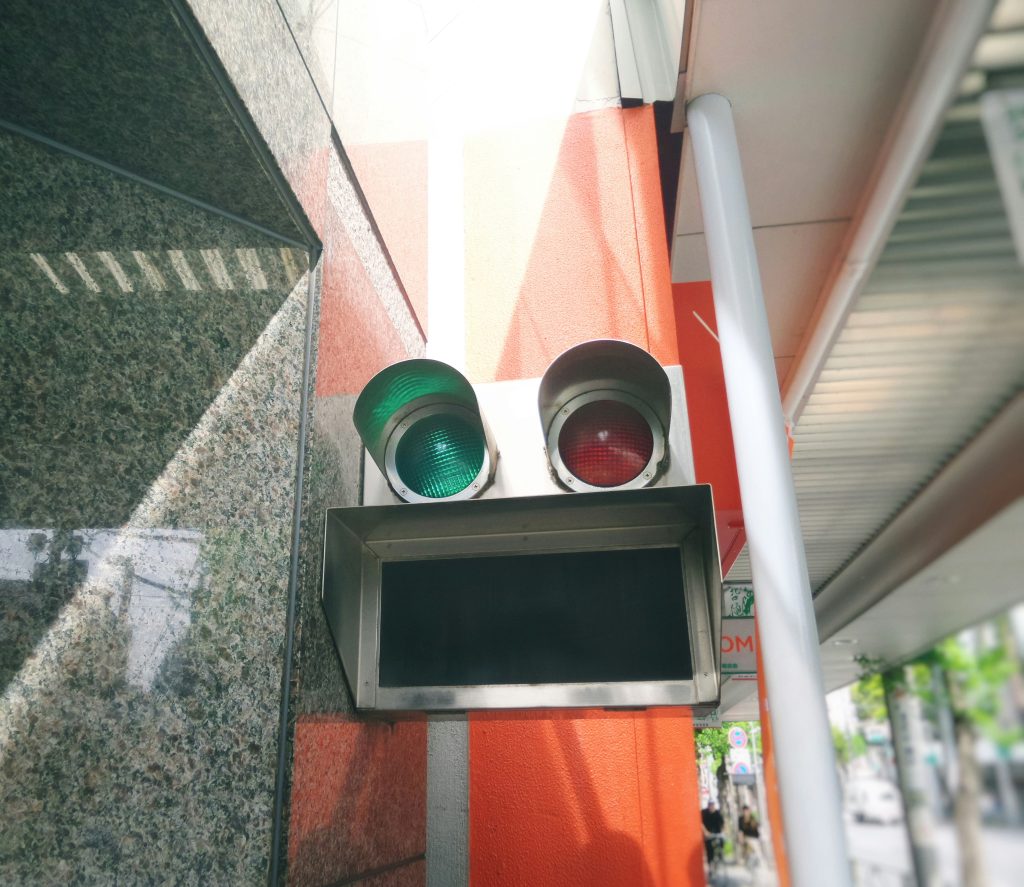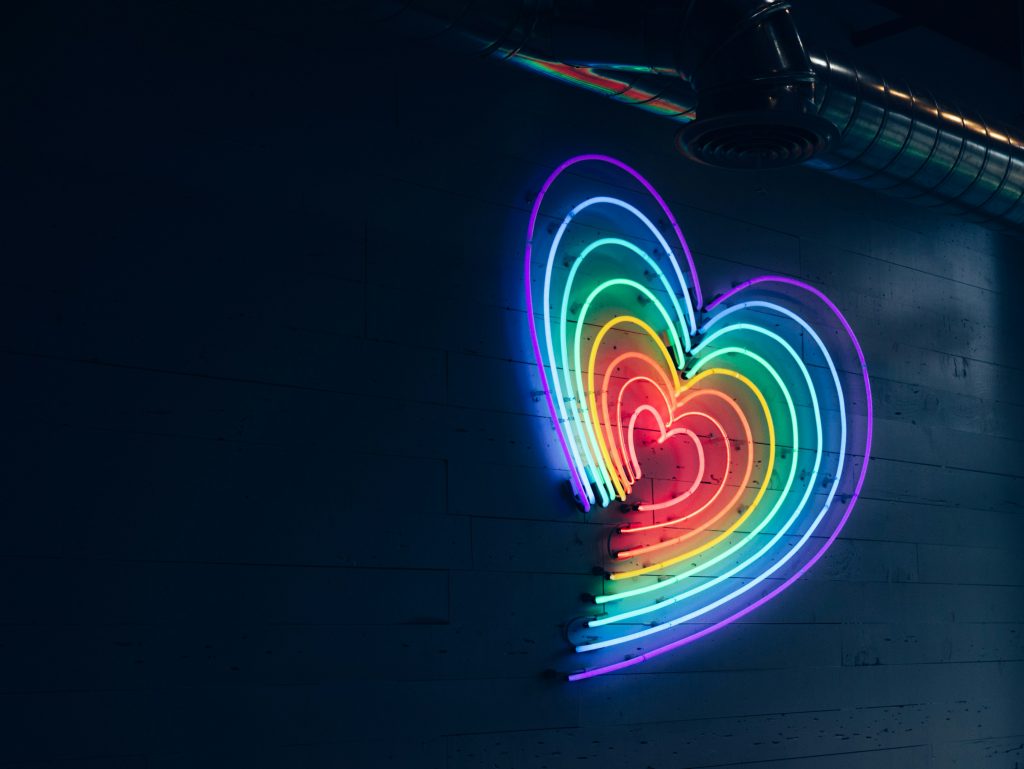
Serein Inclusion Team
3 min read
What we see online often plays a key role in breaking the mould of stereotypes. TV Shows have pushed forth in this domain, be it through the Chess masterpiece in the Queen’s Gambit or the Urdu dramedy in Chudails.
- All
- People and culture
- Domestic violence
- Life at Serein
“Anatomy of a Scandal” exposed flawed victim tropes. Embracing nuanced survivor accounts and evidence-based inquiry ensures fair workplace processes.
Misgendering harms cohesive workplace environments; practising pronouns shows basic respect for colleagues. Here's how we think you can do it best:
Gaslighting at work (veiled criticism or blame-shifting) erodes confidence. Recognise patterns early to safeguard wellbeing and restore trust at work.
Consent Part III explores informed, enthusiastic agreement. Respecting autonomy, ensuring clarity and prioritising communication builds safe relations.
Consent Part II reveals how law and power shape agreement. Boundaries, choice and respectful negotiation are key to integrity and mutual understanding.
Consent means clear, voluntary agreement without pressure. It requires capacity, awareness and ongoing affirmation which are the foundations of trust and respect.
India’s diversity is its strength. Embracing DEI means actively confronting caste, gender, regional & religious biases to build truly equitable organisations & society.
Qantas leveraged diversity (gender targets, Indigenous engagement) not just ethically, but strategically, linking it directly to innovation & customer connection success.
From “office housework” to pay gaps & mansplaining, subtle (and not-so-subtle) gender bias persists in Indian workplaces. Recognising it is step one.
Generosity – giving time, resources, opportunity – is a powerful D&I act. It requires conscious choice and sustained will to uplift others & build community.
India’s LGBTQIA+ journey: A complex history of hidden love, legal battles & evolving acceptance. Choosing compassion over archaic law is the path forward.
Can tech drive inclusion? Yes! From bias-free AI hiring tools to accessible platforms & virtual ERGs, technology, used mindfully, can bridge gaps & empower.
Silence around domestic violence hurts workplaces too. Recognise signs, offer safe support systems & flexible policies to help survivors heal & retain employment.
India’s Domestic Violence Act protects both parties in live-in relationships. Understanding this legal recognition is crucial for safety & seeking rightful recourse.
Cinema often sensationalises domestic violence. Responsible storytelling should highlight realities, survivor strength & pathways to support, not perpetuate myths.
Gaslighting is psychological abuse making victims doubt their reality. Recognise manipulation tactics, trust your instincts & seek support to break free from this.
Women have the right to protection orders, residence, monetary relief & legal aid under India’s Domestic Violence Act. Knowing these enables survivors to be safe.
Consent & boundaries are key. Domestic violence shatters both. Rebuilding starts with respecting autonomy & recognising coercive control as a violation of rights.
A break doesn’t break your career. With patience, purpose, and a little ‘me time,’ a restart can be a reinvention – on your terms, in your time, with confidence.
Career breaks don’t erase capability. With experience, adaptability, and the right support, women returning to work can lead fast, thrive faster and uplift teams too.






















